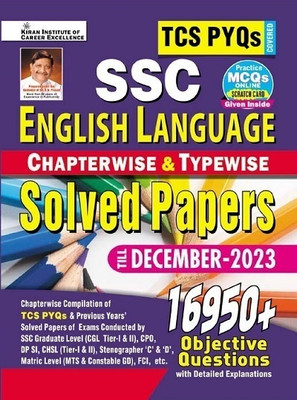
Get notified when this item comes back in stock.
IGNOU NES 102 Facilitating Growth and Development Study Guide (Quick Readable Notes) for Ignou Student - Best IGNOU exam preparation book (Paperback, BMA Publication)
Share
IGNOU NES 102 Facilitating Growth and Development Study Guide (Quick Readable Notes) for Ignou Student - Best IGNOU exam preparation book (Paperback, BMA Publication)
Be the first to Review this product
₹313
₹599
47% off
Sold Out
This item is currently out of stock
Highlights
- Binding: Paperback
- Publisher: BMA PUBLICATION
- ISBN: 9787016986405
- Edition: LATEST, 2025
- Pages: 90
Seller
Description
quick and readable notes on IGNOU NES 102 Facilitating Growth and Development for IGNOU students:
Introduction to Facilitating Growth and Development:
Definition: Facilitating growth and development involves creating environments and experiences that support individuals' holistic development.
Importance: Facilitators play a crucial role in nurturing learners' cognitive, social, emotional, and physical growth.
Facilitator's Role and Responsibilities:
Creating Supportive Environments: Establishing safe, inclusive, and stimulating learning environments conducive to exploration and growth.
Individualized Support: Recognizing and addressing learners' unique needs, interests, strengths, and challenges through differentiated instruction and personalized interventions.
Promoting Autonomy: Encouraging self-directed learning, critical thinking, problem-solving, and decision-making skills to foster independence and empowerment.
Developmental Psychology Perspectives:
Piaget's Theory of Cognitive Development: Understanding children's cognitive processes, including schema formation, assimilation, accommodation, and stages of development.
Erikson's Psychosocial Stages: Recognizing the importance of social interactions, identity formation, and emotional development across the lifespan.
Learning Theories and Principles:
Constructivism: Emphasizing active engagement, inquiry-based learning, and the construction of knowledge through firsthand experiences and social interactions.
Socio-cultural Theory: Highlighting the role of cultural context, social interactions, and collaborative learning in shaping individuals' development and learning outcomes.
Effective Teaching Strategies:
Inquiry-Based Learning: Encouraging questioning, exploration, and discovery through hands-on activities, projects, and problem-solving tasks.
Cooperative Learning: Promoting peer collaboration, teamwork, and shared responsibility for learning goals and outcomes.
Differentiated Instruction: Adapting teaching methods, pace, and content to accommodate diverse learning needs, interests, and abilities.
Read More
Specifications
Book Details
| Publication Year |
|
| Edition Type |
|
| Book Type |
|
| Exam |
|
| Table of Contents |
|
| Number of Pages |
|
Contributors
| Author Info |
|
University Books Details
| Degree/Diploma |
|
| Specialization |
|
| Subject |
|
Additional Features
| Age Group |
|
Dimensions
| Width |
|
| Height |
|
| Depth |
|
| Weight |
|
In The Box
|
Be the first to ask about this product
Safe and Secure Payments.Easy returns.100% Authentic products.
Back to top




